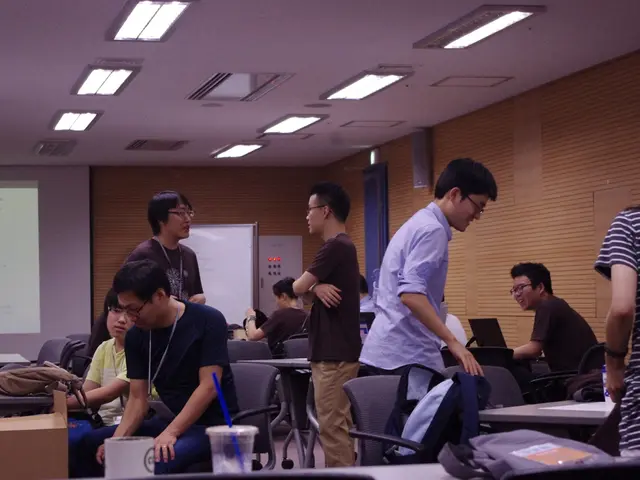Indonesia's Coal-to-Renewable Transition: Challenges and Ambitious Plans
Indonesia, heavily reliant on coal, is grappling with its ambitious energy transition plan. Despite targeting 19.5 per cent renewable energy by 2024, it's falling short due to regulatory and financial hurdles. The country's dominant coal power, at 61.8 per cent, underscores the magnitude of the task ahead.
Fabby Tumiwa, from the Institute for Essential Services Reform, believes phasing out coal power plants is achievable if renewable energy development is prioritized. Indonesia's new president, Prabowo Subianto, plans to retire all coal-fired power plants within 15 years and build over 75 GW of renewable energy capacity by 2040.
PLN, the state-owned utility, estimates retiring each coal plant costs between 30-50 trillion Indonesian rupiah (IDR). The Ministry of Energy and Mineral Resources predicts only 14 per cent renewable energy by 2024, far from the 23 per cent target. Achieving this goal requires comprehensive policy reforms, major investments, and financial frameworks. Indonesia plans to allocate 75 GW of renewable energy capacity by 2040, with a total investment of US$235 billion, focusing on hydropower, geothermal, solar, wind, and nuclear energy projects.
Indonesia's energy transition faces significant challenges, but the government remains committed to demonstrating its climate leadership. With global funding and comprehensive reforms, phasing out coal power plants and developing renewable energy is seen as a viable path towards a cleaner energy future.
Read also:
- Election Protection Consultants: Crucial Role in 2024 and Beyond
- Homeownership Dreams Dashed: High Prices and Rates Keep Young Americans Out
- Government Updates: Key Points from Today's Press Information Bureau (12-09-2025)
- Unfair Expenditure Distribution, Secret Tourists, Looming Rabies Threats: Latest News Roundup





